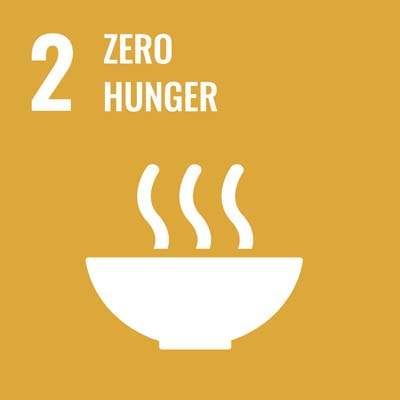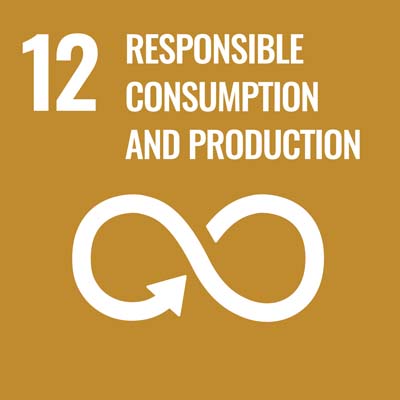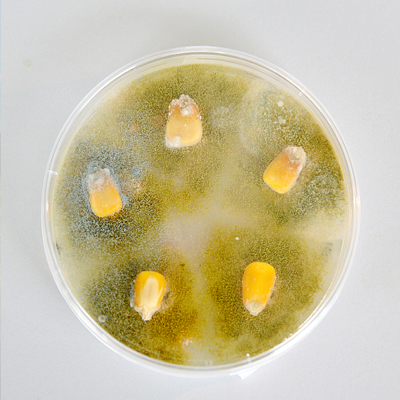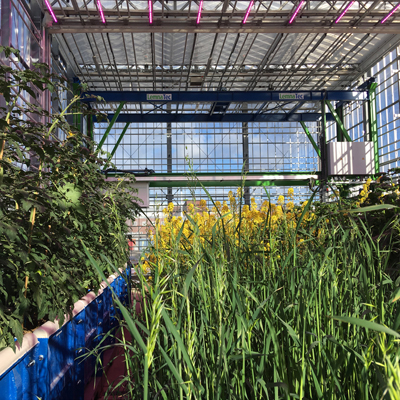- DatesOngoing from November 2019
- SponsorInnovate UK - Agritech Catalyst Round 8
- PartnersCranfield University, Haramaya University, Hilina Enriched Foods
The main aim is to secure the Ethiopian peanut food chain against high contamination with aflatoxin and hence reduce the health risk.
To achieve this goal, the project will develop tools, from farm to processing, with the long-term objective of obtaining almost 100% of peanut supplies for Hilina Enriched Foods Plc from local Ethiopian farmers.
The innovative approach adopted includes:
- Pre-harvest: agronomic recommendations/training for farmers to increase yield and reduce aflatoxins risk;
- Post-harvest: development of a vertical tray home-drying system and replacement of the current 'soaking' methodology with home-made mechanical shelling devices;
- Development of protection during transport; and
- Development of new peanut-based product lines with optimised sorting and recycling of the peanut waste.
The project will increase Ethiopian peanut productivity and thus secure increased local supply of high quality (low toxin) peanuts for Hilina Enriched Plc, which in turn will have beneficial impacts on the local rural economy and produce Plumpy’nut® to fight local malnutrition.
With this project, the Applied Mycology Group at Cranfield University is fulfilling the strategic aims of reducing food waste and improving people's wellbeing in one of the poorest countries of the world.
Do you want to learn from the NutriNuts project?
Register for our new Aflatoxin mycotoxin management in peanuts short course.
Recent publications
- Assessment of agricultural practices by Ethiopian women farmers: existence of gender disparities in access to mycotoxins training
- Improvements within the peanut production chain to minimize aflatoxins contamination: An Ethiopian case study
- Harvest and post-harvest handling practices associated with fumonisin B1 contamination in maize (Zea mays L.): dietary exposure and risk characterization in eastern Ethiopia























